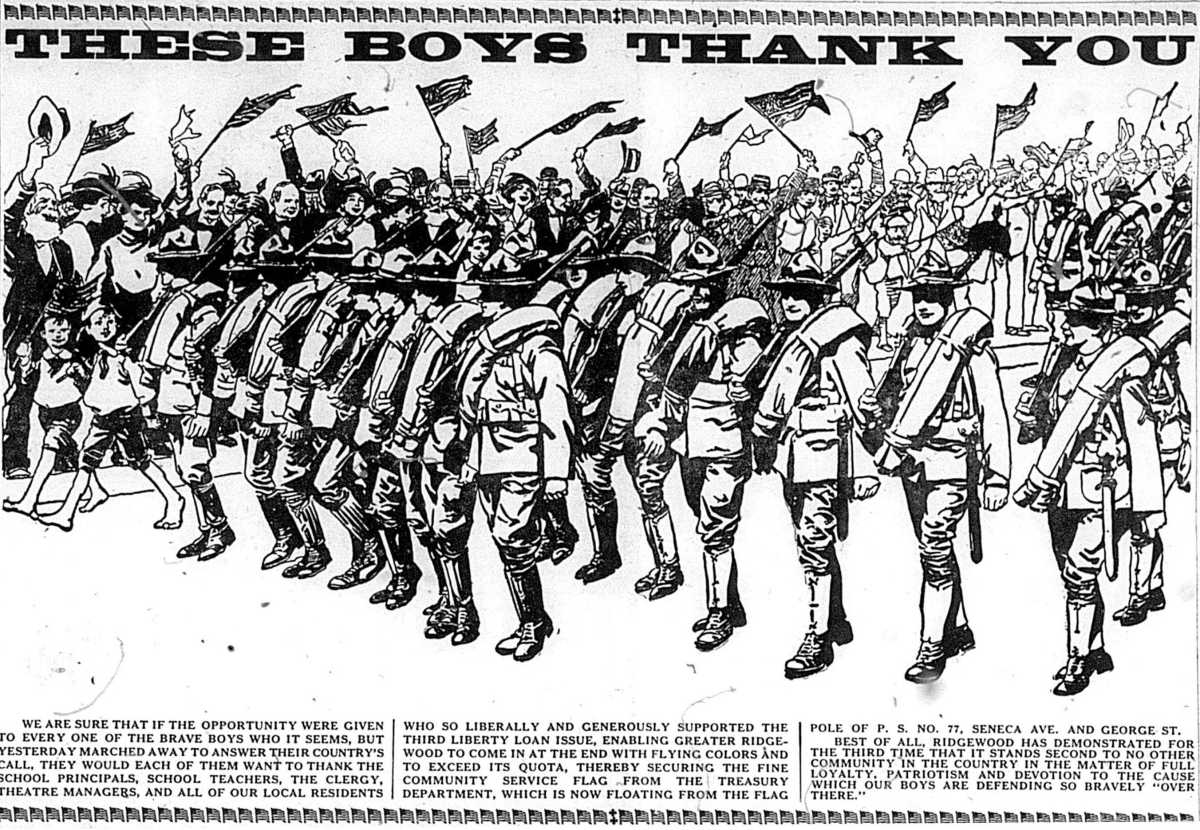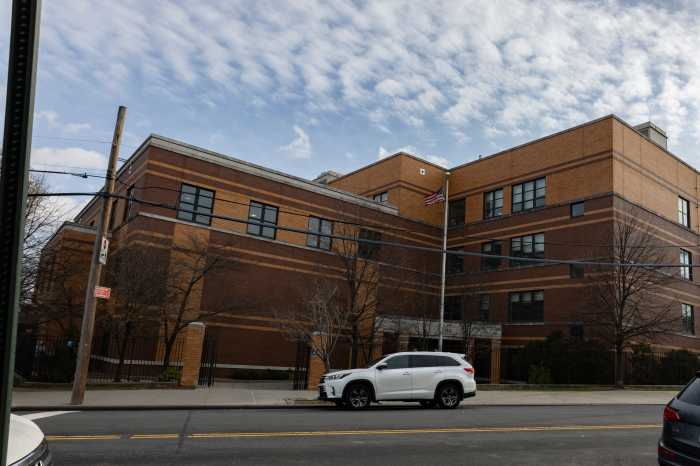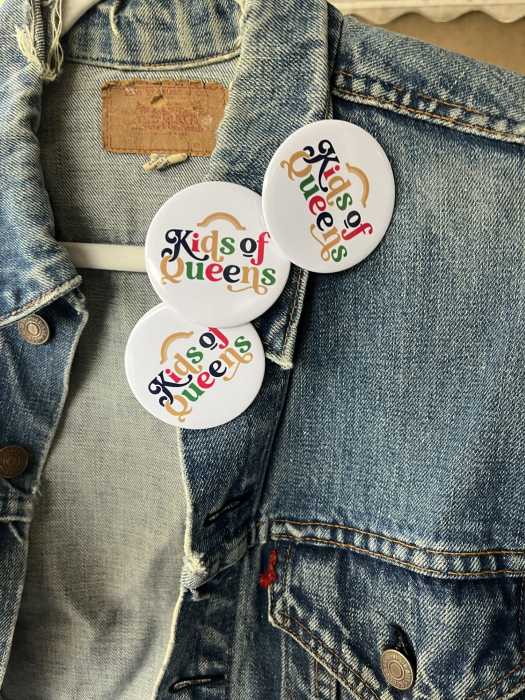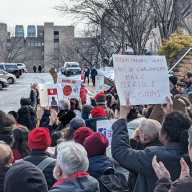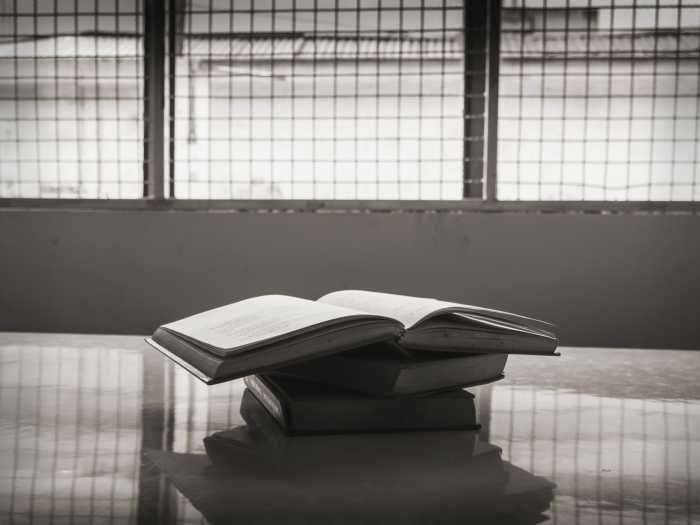As the nation marks Veterans Day — established as Armistice Day, which marked the end of World War I on Nov. 11, 1918 — we’re looking back this week on some wartime correspondence that a longtime Ridgewood resident received from an enlisted loved one.
In the Jan. 9, 1986, issue of the Ridgewood Times, we published a number of letters sent to the paper by Winifred Beckett Seelig. The letters were written by her cousin, Edward G. Kahrs, during World War I.
He was a private in the U.S. Marine Corps, enlisting in 1917 at the age of 16.
The Marine Corps furnished their recruits with printed stationary on which were printed various slogans such as “two-in-one service land and sea,” “broadening travel,” “out-of-door life,” “good pay.” The stationary also had printed scenes of Marines in China in action, firing artillery on land, firing large guns on ships at sea, and in battle on land.
His first letter was written July 12, 1917, and was sent from the United States Marine Corps Recruit Depot at the Marine Barracks at the Navy Yard in Portsmouth, Virginia. But the other letter, dated June 17, 1918, was mailed from France, where he was assigned to the 84th Company in the Sixth Regiment, United States Marine Corp, American Expeditionary Force.
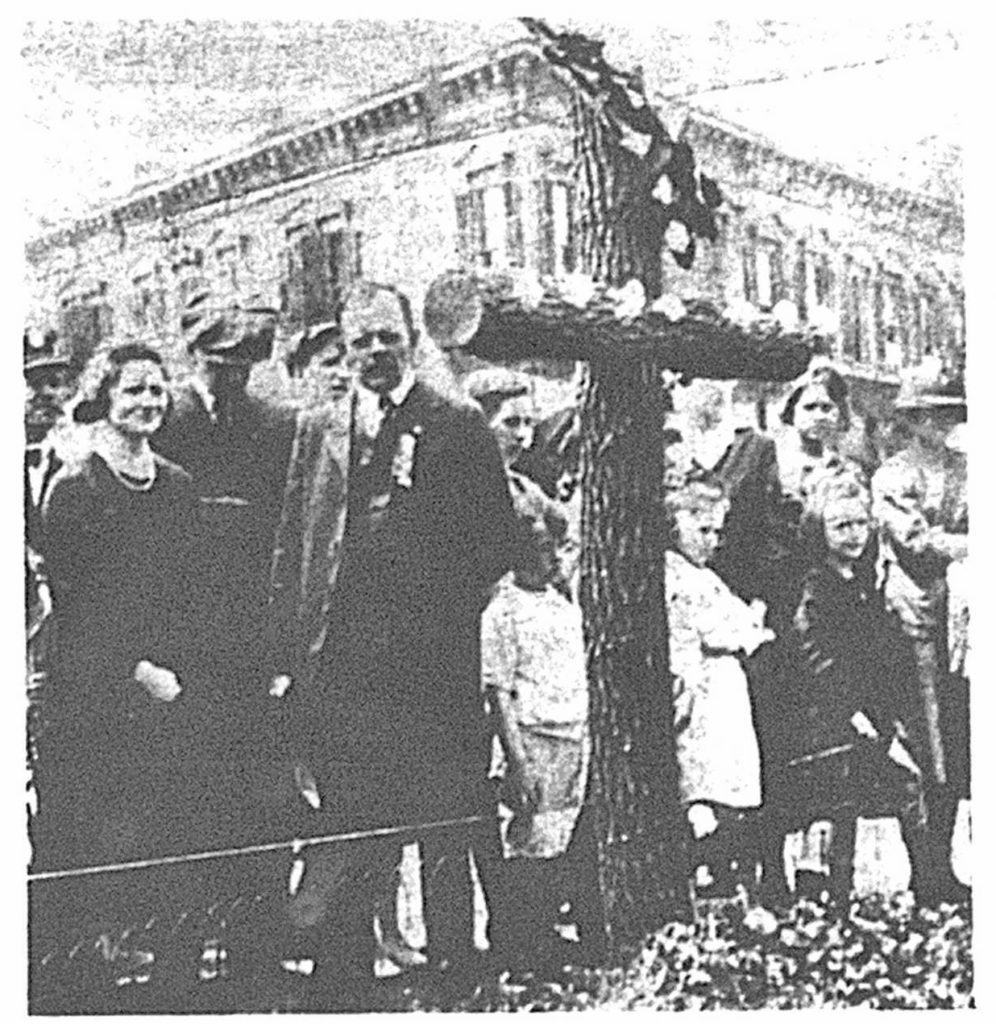
Here’s what Eddie wrote to his father from the front lines. It’s quite a revealing look at what an American soldier had to endure during World War I:
It sure has been a long time since we have been allowed to write but this afternoon though still within range of the Boche artillery, we are resting and getting lots of sleep and hot chow, something we had not known for 20 days. Haven’t slept under a roof since last month.
We have been out in the fields and forests with a poncho and blanket, cooking our own chow and it sure is surprising what tasty dishes can be made from bacon and its grease using the hard tack.
I suppose you have read a great deal of our drive. Well, here is the sum and substance of it: The Boches were driving the French very hard and pushing them back. Well, they rushed us up on the line at the time when the French were actually in retreat. Our boys brought the Boche to a dead stop, and one day we made up our combat packs, and with two days’ ration of bacon and hardtack and a quart of water, we went forward to the line and at 5 o’clock went over the top. There were no trenches, for this is open warfare.
We had just one wave of two lines, the men 5 paces apart, and the second line to the rear of the first. Well we pushed them back about 1 ½ miles in our sector, taking a town with it. Pop, it was something that will remain in my memory forever.
Some of my best friends have fallen, never to rise again, God bless them. Some are wounded beyond recovery, and others will be minus different members of their bodies.
I’ll never forget, for I was in the open field, they turned machine guns mounted in the church steeple on us. There was practically no cover, and the bullets were snapping and cutting down the wheat around us. Several of the boys saw their last there, and some were wounded.
There was a powerful machine-gun nest situated on a hill in the woods a few yards to my left. It was charged again and again without avail and at great cost. So we pushed the line on further, isolating and thereby cutting off this hellhole from supplies. We pushed on to the other side of the town, and took a position in an open field.
Talk about ambition, when a fellow has to dig himself in for protection against lead and pig iron, then is the time the dirt flies. Those who were lucky enough to draw a pick or shovel, others used their bayonets and mess tins.
Well, it was night by this time, and all went well except when the Boche artillery got busy on us which lessened our numbers a few more. All went well the next day, but the following night we held off a counter-attack successfully and without loss, and early in the morning were relieved by an Engineer Company, and went back in support. Another spasm of digging in for self-preservation ensued.
Well, there is a good deal I could tell would pass the censor, Pop, but it makes too long a letter. The fact remains that I went through the battle, even in the first line, and came out without a scratch.
I can’t say, Pop, whether we are going back to the line again, or going to be relieved, but I really think we will be relieved. We have done our bit and more than our share for which we have been cited twice by the French Government, and we rate a rest and relief. Where are all those troops in France? Do the regiments, the 5th and 6th, have to do it all? We already have the honor of being the first line of the first drive the States have made, and we gained our objective.
Some German prisoners say that they were retreating in disorder, and with a few thousand more men we could have pushed them away back. Some prisoners, it is said, were waiting for the Americans to come over, so that they could be taken prisoner.
Well, let’s change the subject. I think I’ll be able to write oftener now, for there is some pretty good dope going around. Got a letter from Walter two days ago, also one from most everybody. How is this — got a letter from you, Pop, from Aunt Mary and Aunt Helen, just before the battle. Believe me, Pop, it brightened me right up and I had lots of pep.
The Red Cross sure is doing fine work. They supply us with chocolates, and peaches, and nuts and smokes. That Tobacco Fund sure is good too. We don’t get them very often, but about twice a month. Pop, I can’t write to everyone, but please remember me to all the folks and men at home, also Uncle Herman and the girls. I sure am in good health now and hope to remain so.
Faithfully, Eddie
The letter was passed by the censor, E.E. Kalbfleisch, 1st Lieut. U.S.M.C.
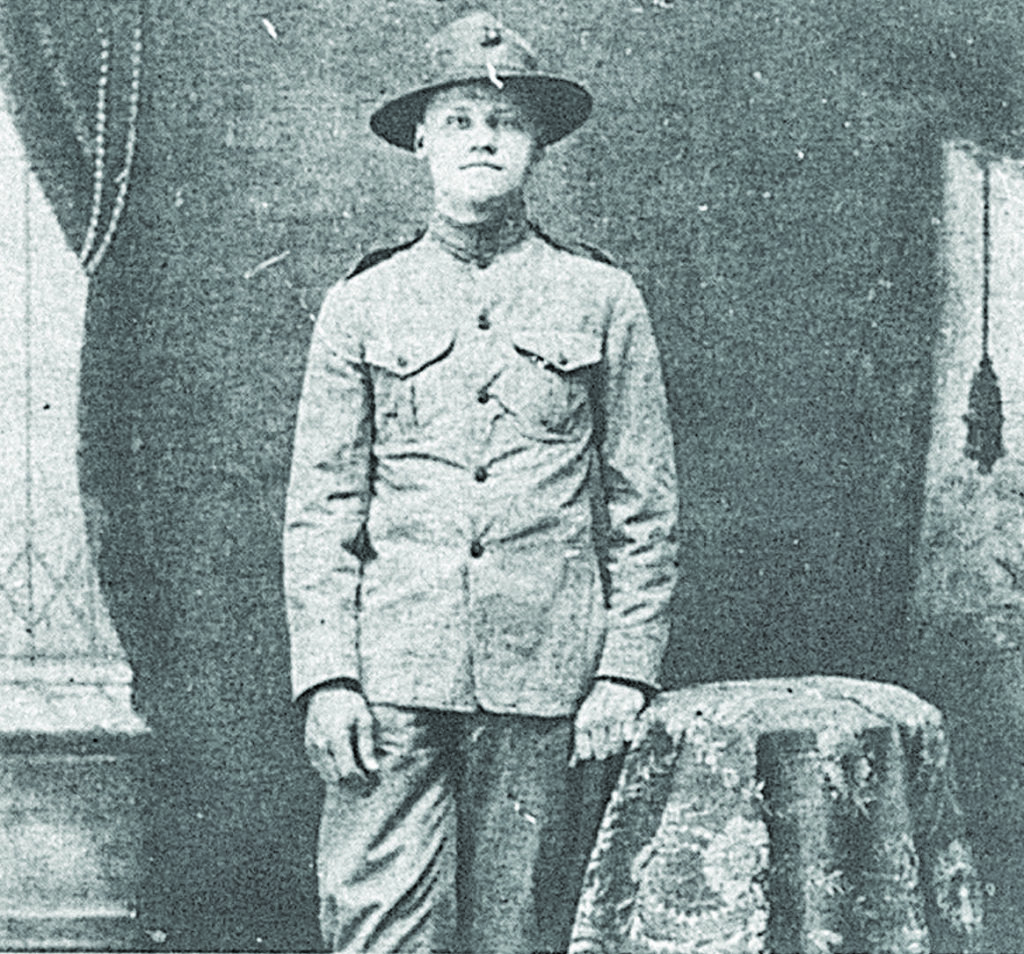
The photograph shows Private Edward Kahrs, United States Marine Corps. He had blonde curly hair which was covered by his Marine Corps hat. Thankfully, he returned from France in good health except for some of his fingers which subsequently ached due to being frozen during the fighting in France.
The Old Timer is forever grateful to Mrs. Seelig for the photograph, and the letters of Edward Kahrs.
* * *
If you have any remembrances or old photographs of “Our Neighborhood: The Way It Was” that you would like to share with our readers, please write to the Old Timer, c/o Ridgewood Times, 38-15 Bell Blvd., Bayside, NY 11361, or send an email to editorial@ridgewoodtimes.com. Any print photographs mailed to us will be carefully returned to you upon request.

